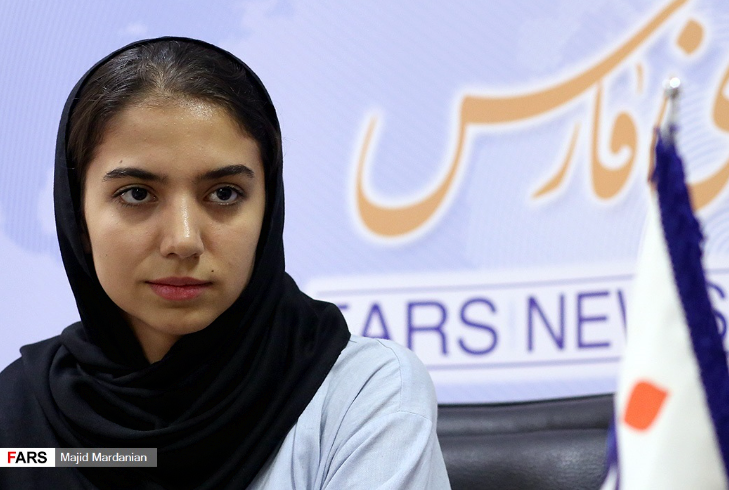Spain Grants Nationality to Self-Exiled Iranian Chess Player
The Iranian chess player Sarasadat Khademalsharieh, also known as Sara Khadem, has been granted Spanish nationality after facing pressure to defect over her decision to compete in the FIDE World Rapid and Blitz Chess Championships in Kazakhstan without wearing a hijab.

Facts
- The Iranian chess player Sarasadat Khademalsharieh, also known as Sara Khadem, has been granted Spanish nationality after facing pressure to defect over her decision to compete in the FIDE World Rapid and Blitz Chess Championships in Kazakhstan without wearing a hijab.1
- Khadem reportedly refused to wear the Islamic veil at a World Cup event last December so as to support the protests that broke out in Iran following the death of Mahsa Amini in police custody, who was detained over an alleged breach of the strict hijab rules.2
- In January, Khadem traveled to Spain with her husband — film director Ardeshir Ahmadi — and their 10-month-old son, after a relative warned her that she would be arrested if she returned to Iran. The family then obtained residency through a "golden visa" scheme at a cost of €500K ($556K).3
- Noting that there were "exceptional circumstances" in Khadem's situation, Spain's Justice Minister Pilar Llop announced on Tuesday that the Council of Ministers was granting her "Spanish nationality through a naturalization letter."4
- Ranked 771st in the world and 9th in Iran, Khadem competed in a game of chess with Spanish PM Pedro Sánchez at his official residence, the Moncloa Palace, during her January visit.5
- Meanwhile, Iran has recently restored the morality police patrols to the streets as a "countermeasure against hijab negligence," which will likely create friction between the authorities and protesters.6
Sources: 1Iranwire, 2RFI, 3Middle East Monitor, 4CNN, 5Al Jazeera, and 6BBC News.
Narratives
- Anti-Iran narrative, as provided by El País. The case of Sara Khadem shines a light on the experiences suffered by Iranian women under the country's theocratic regime, as she has been forced to flee to an adopted country in order to live a free life. Iran must end its discriminatory laws, or protest against state policies of arbitrary detention, torture, and denial of education, employment, and public spaces to women may one day turn the nation to ruins.
- Pro-Iran narrative, as provided by PressTV. While enemies of Iran attempt to create division in the country's foundation by opposing the Islamic headscarf, Iranian women and girls are refusing to surrender their Muslim identity. The hijab is unquestionably a religious necessity, as well as a practical principle of a nation that bolsters the traditional family. The state will do everything possible to protect and uphold divine policy, so as to keep its population unified and promote stability in Iranian society.






